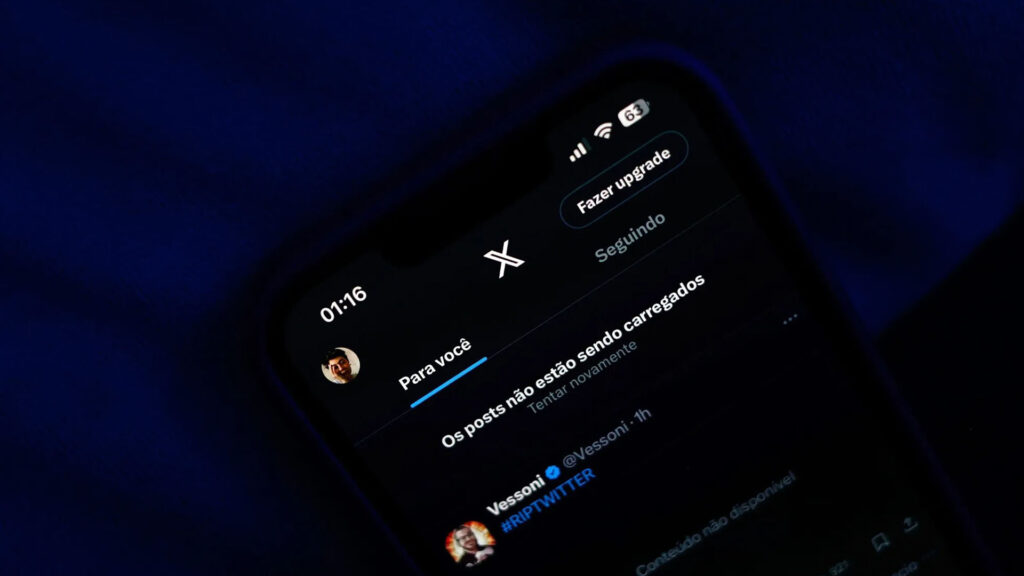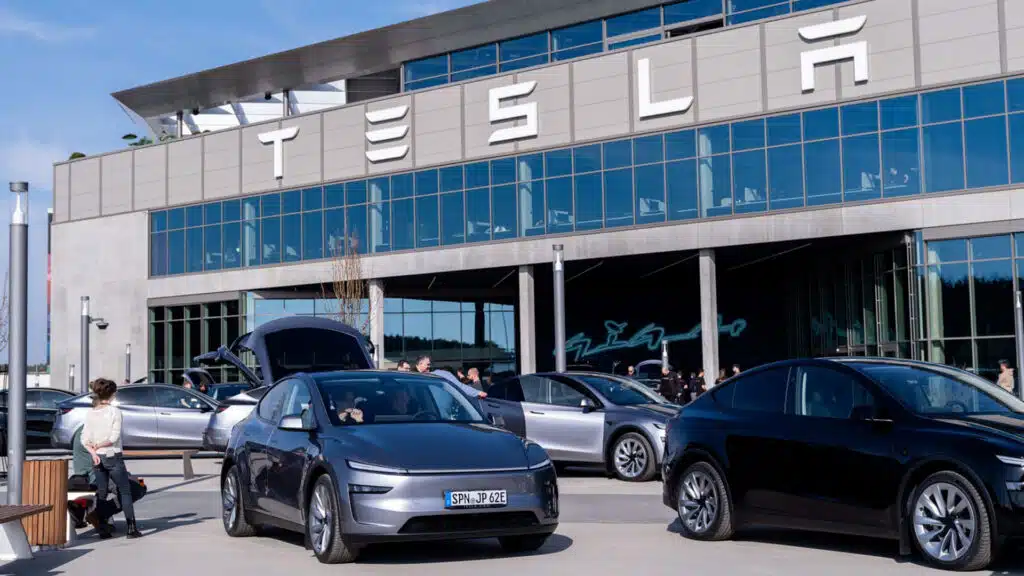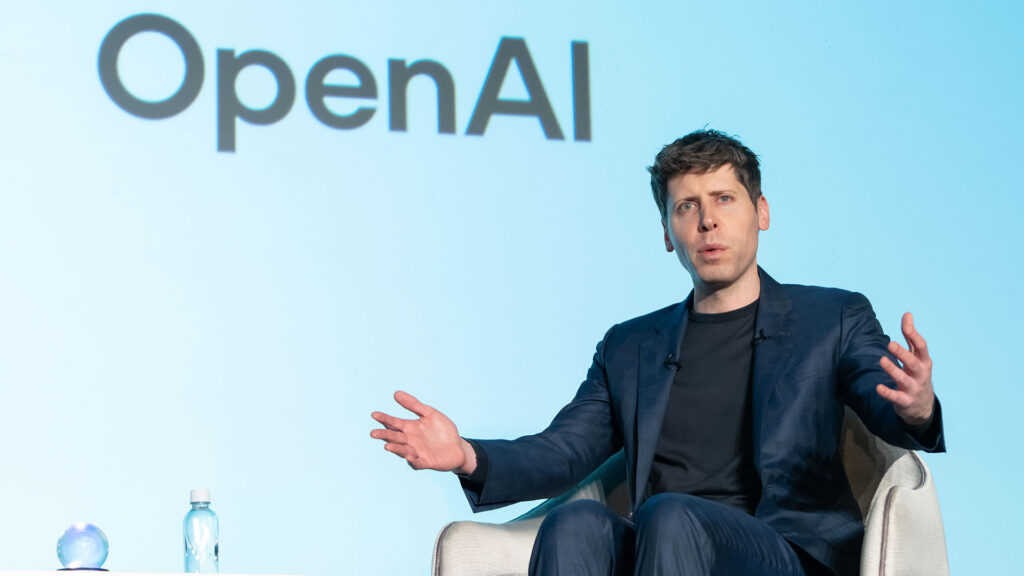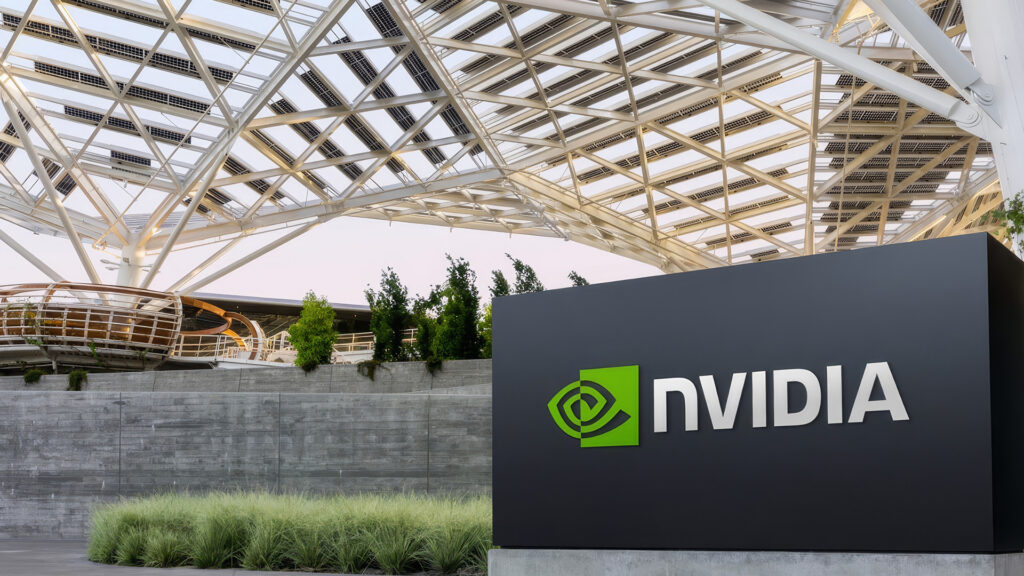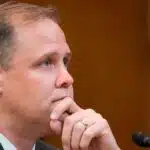Brazil has joined a small group of countries that have banned the social network X (formerly Twitter). The ban came into effect on Saturday after Elon Musk, the owner of X, refused to comply with Brazilian court orders.
This event marks a significant escalation in the ongoing feud between Musk and Justice Alexandre de Moraes, a judge of Brazil’s Supreme Court, over content moderation and legal accountability on the platform. The ban raises questions about the future of free speech and legal compliance in one of the world’s largest democracies.
Highlights
- Event: Brazil blocks X (formerly Twitter) after Musk’s refusal to comply with court orders.
- Key Issue: Musk’s clash with Justice Alexandre de Moraes over content moderation and legal obligations in Brazil.
- Legal Action: The ban follows Musk’s decision to close X’s office in Brazil and his failure to name a legal representative.
- Global Context: Brazil joins a list of countries that have banned X, typically under authoritarian regimes.
The Legal Battle Between Musk and Brazil
The crux of the issue lies in Musk’s refusal to name a legal representative for X in Brazil, which ultimately led to the ban. Brazilian Justice Alexandre de Moraes had been pressing Musk for months over X’s alleged support for “digital militias,” groups that were reportedly spreading defamatory fake news and threats against the judiciary.

Moraes also cited charges of obstruction and criminal organization. X is widely used in Brazil, with an estimated 40 million users accessing the platform at least once per month. The closure of X’s office in Brazil further intensified the legal standoff.
Brazil’s Ban in Global Context
Brazil’s decision to block X aligns it with countries like China, Iran, and North Korea—nations with stringent restrictions on free speech and media access. Unlike these regimes, however, Brazil’s democratic framework complicates the narrative.
Justice de Moraes, viewed as a champion of democracy by some and a censorship advocate by others, has increasingly used judicial power to limit platforms that spread misinformation or pose threats to democratic institutions.
Other nations, such as Turkey and Egypt, have also temporarily restricted access to X during periods of political instability. For instance, Turkey has blocked the platform during elections and times of political unrest, citing concerns over “illegal content.”
The broader context reveals that while countries banning X may vary in their political systems, the motivations often center around controlling disinformation and curbing public dissent.
Implications for Businesses and Global Relations
The ban on X in Brazil comes at a time when the platform is already facing challenges globally. Under Musk’s leadership, X has increasingly positioned itself as a platform for free speech, albeit at the cost of running afoul of various national laws.
This tension could have broader implications for businesses operating in Brazil, as it adds an additional layer of complexity for companies needing to comply with national regulations while navigating global operations.
SpaceX, another Musk-owned company, is also entangled in the legal fray. Justice Moraes has frozen the finances of Starlink, SpaceX’s satellite internet service, to collect $3 million in fines against X.
The ban could also impact Musk’s other ventures, putting future investments in Brazil at risk.
The Public Reaction and Future Developments
The decision to block X has sparked significant public debate in Brazil. Supporters of the move argue that the ban is necessary to maintain social order and prevent the spread of misinformation.
Critics, including Musk himself, claim that the move is an overreach by the judiciary and an attack on free speech.
In a surprising move, Justice de Moraes also stated that any Brazilian citizen attempting to bypass the ban via a VPN could face daily fines of nearly $9,000. This adds another layer of complexity to the enforcement of the ban and raises questions about internet freedom in the country.
Industry Insights: Political Campaigns and Public Perception
The interplay between tech platforms like X and government regulations has become a pivotal aspect of modern political campaigns. Musk’s defiance of Brazilian laws highlights the increasingly complex relationship between global tech firms and national sovereignty.
In the age of misinformation, platforms like X have become battlegrounds for shaping public opinion, making them critical tools for political campaigns. However, as more governments look to regulate or even ban these platforms, the implications for free speech and democracy remain unclear.
Key Takeaways for Businesses:
- Regulatory Risks: Companies need to be aware of the risks involved in operating in countries with stringent internet regulations.
- Reputational Impact: Musk’s defiance may appeal to advocates of free speech, but it could alienate stakeholders who prioritize legal compliance.
- Economic Consequences: The freeze on Starlink’s finances and the potential for broader sanctions could affect Musk’s business interests in Brazil and beyond.
Conclusion
The ongoing feud between Elon Musk and Brazil’s judiciary over X sets a precedent for the complex legal and ethical challenges that tech companies face globally.
While Brazil’s decision to block X is not unprecedented, it raises important questions about free speech, national sovereignty, and the responsibilities of social media platforms in an interconnected world.
